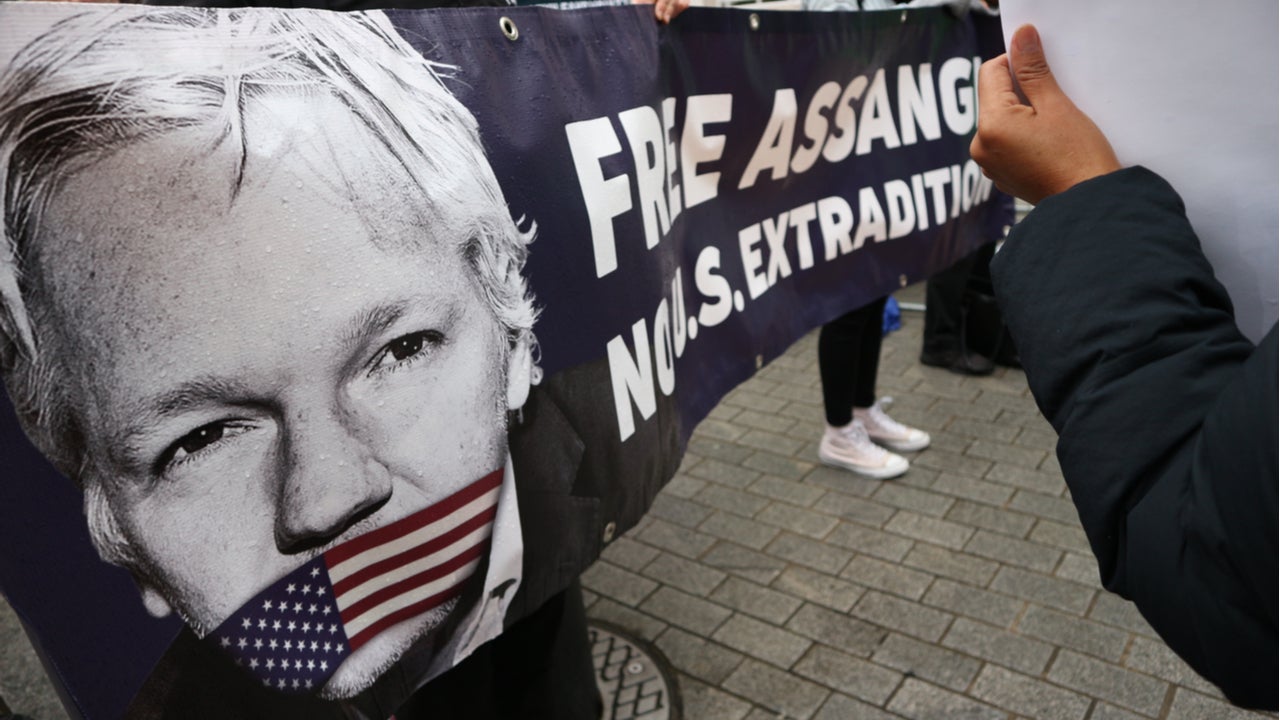
A London court has ruled that Julian Assange cannot be extradited to the US because of concerns over the Wikileaks founder’s mental health.
The 49-year-old Australian is wanted in the US to face charges of espionage and hacking government computers.
Prosecutors say that Wikileaks’ publication of hundreds of thousands of leaked documents about the Afghanistan and Iraq wars in 2010 and 2011 endangered informants. Assange says there is no evidence that anyone’s life was put at risk.
The leaks, provided by US defence analyst Chelsea Manning, revealed evidence of war crimes and human rights abuses.
The Baghdad airstrike video ‘Collateral Murder’ showed US helicopter crews killing civilians, which included two Reuters journalists.
Supporters of Assange say the charges and extradition efforts are politically motivated and an attack on press freedom.
How well do you really know your competitors?
Access the most comprehensive Company Profiles on the market, powered by GlobalData. Save hours of research. Gain competitive edge.

Thank you!
Your download email will arrive shortly
Not ready to buy yet? Download a free sample
We are confident about the unique quality of our Company Profiles. However, we want you to make the most beneficial decision for your business, so we offer a free sample that you can download by submitting the below form
By GlobalDataAssange has been indicted on 17 espionage charges and one charge of computer misuse. His lawyers have said he faces up to 175 years in prison if convicted in the US. However, the US government said his sentence would be between four and six years.
District Judge Vanessa Baraitser said that she did not believe the US authorities would be able to prevent Assange from committing suicide.
“The overall impression is of a depressed and sometimes despairing man fearful for his future,” she said in a judgement on Monday at the Old Bailey in London.
She continued: “Faced with the conditions of near-total isolation without the protective factors which limited his risk at HMP Belmarsh, I am satisfied the procedures described by the US will not prevent Mr Assange from finding a way to commit suicide and for this reason I have decided extradition would be oppressive by reason of mental harm and I order his discharge.”
US prosecutors said they will appeal the extradition decision.
The US non-profit Freedom of the Press Foundation tweeted: “The case against Julian Assange is the most dangerous threat to US press freedom in decades. This is a huge relief to anyone who cares about the rights of journalists.”
Julian Assange: From embassy to extradition
In 2012 Assange took refuge in the Ecuadorian embassy in London to avoid extradition to Sweden where he faced allegations of sexual assault. Assange denies the claims and called them a smear campaign. In 2017 Swedish prosecutors closed the investigation, but reopened a rape allegation in May 2019.
Assange spent seven years inside the Ecuadorian embassy until his arrest by London police, following the retraction of his asylum status. He was jailed for 50 weeks for breaching bail conditions relating to the 2012 charges.
Assange’s US extradition hearing began in February 2020 at Woolwich crown court in London, after then-home secretary Sajid Javid signed the extradition order.
During the 2016 US presidential election campaign, Wikileaks published confidential Democratic Party emails. The Mueller investigation into Russian election interference determined that Russian intelligence officers were responsible for hacking the documents and worked with Wikileaks to disseminate the information. Assange has denied that Russian agents were the source.
Read more: How Julian Assange went from liberal darling to alt-right information kingpin







